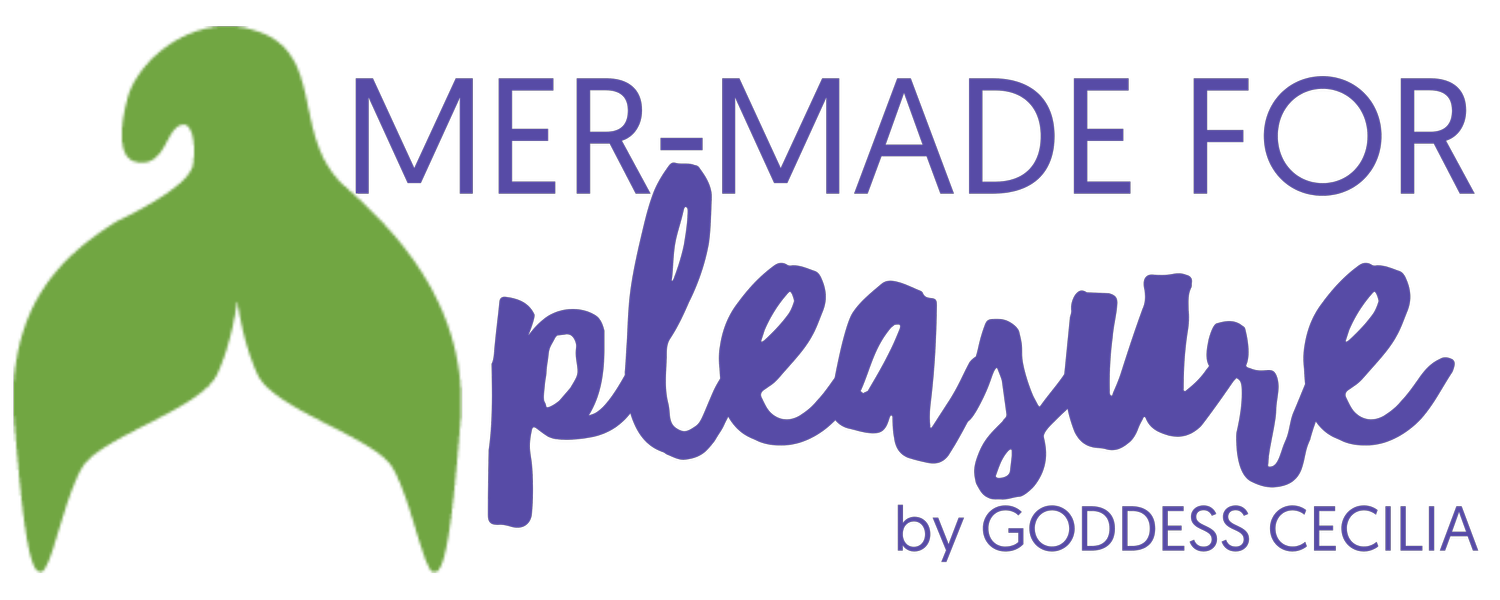On Fame and Finding Your Footing: Thoughts about Abuse Allegations of Your Faves
I feel like I have to say something. And yet, I'm not really sure what to say or if it even matters.
I loved Michael Jackson. I watched Thriller and the Making Of Thriller back to back all the time as a kid. I loved Moonwalker. His music videos were works of art, and you can see the influence of those videos in the music, choreography, and videos created by your faves today. I chose radio stations based on whether they played his music. I cried watching a concert on Pay Per View. His music and his talent left a lasting impression on me, especially as someone who loved playing music.
When the allegations first hit, I defended him. I also was silent to my family about my own history of child molestation at that time.
As I became more vocal about my history, I silently reckoned with my feelings about MJ and his music. I learned more about the psychology and the sociology, the implications and the consequences (or lack thereof) of sharing ones story as a survivor. It's treacherous, it's painful. It's not something I could ever take lightly at this point in my life.
I've known people who have been wrongly accused. I have a minimal understanding of how messed up the justice system is. I know that the system isn’t built to benefit survivors, nor is it built to help those who have been wrongly accused.
And that doesn't negate the COUNTLESS number of people who have been victimized and taken advantage of.
Every post of someone questioning the validity of someone's else's story about a famous person is extremely difficult for those of us who share our story about the people who were also well-loved and popular in our families and circles. Every person who chooses to uphold the art and music without duly criticizing the person who created them shows me that they care very little about the lives of survivors.
And yet, I know what it's like to be a survivor who struggles with the cognitive dissonance of caring for the abuser and being the abused. I still think of the music and the artistry, and I consider what his fame and his own history of abuse did to him. I can remember all the good it’s done for me, while not belittling the pain it might cause to others.
We all have to compartmentalize things in our brains so that we can carry on day by day. Some more than others. Some have the privilege of being able to ignore it completely.
I recognize how difficult it might be to choose caring for the lives and livelihoods of survivors, even if we're privileged in our own ways, especially if it means that you have to be uncomfortable and wrestle with whatever you want to consider as your morals.
Just consider it. Consider the people of whose stories you know and don’t know. Consider that perhaps conflicting thoughts can coexist. That they can coexist without continuing to harm survivors.
For me, as a survivor, my natural default now is to believe survivors. Because that’s where it needs to start. Because if we believe survivors, we now have to deal with the implications, with prevention, with protecting our most vulnerable, and potentially rehabilitating and providing help to those who continue to perpetrate violence.
Believing survivors means that we address the larger problem of misogyny and transmisogyny, or the unequal distribution of wealth and power, or institutionalized racism, or the ownership we feel on other people’s bodies.
It’s not even a start. It’s a shove. And we’ll all have to find a new way of walking through the world, as every survivor does every single day.

